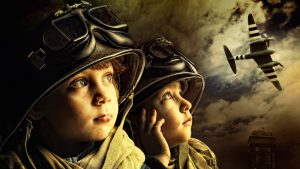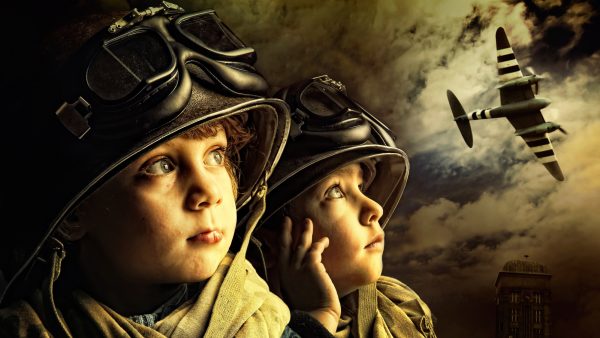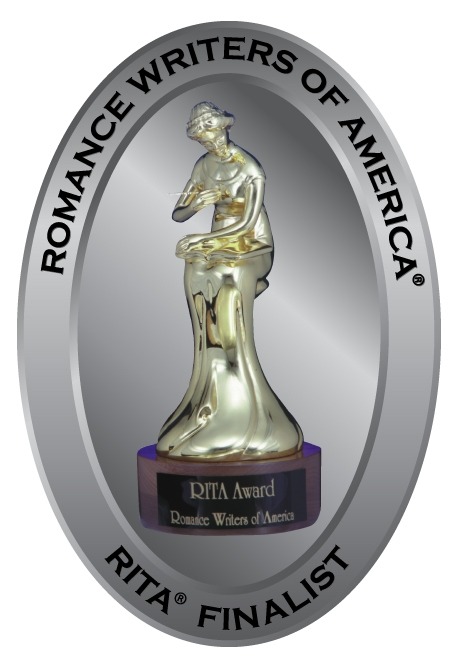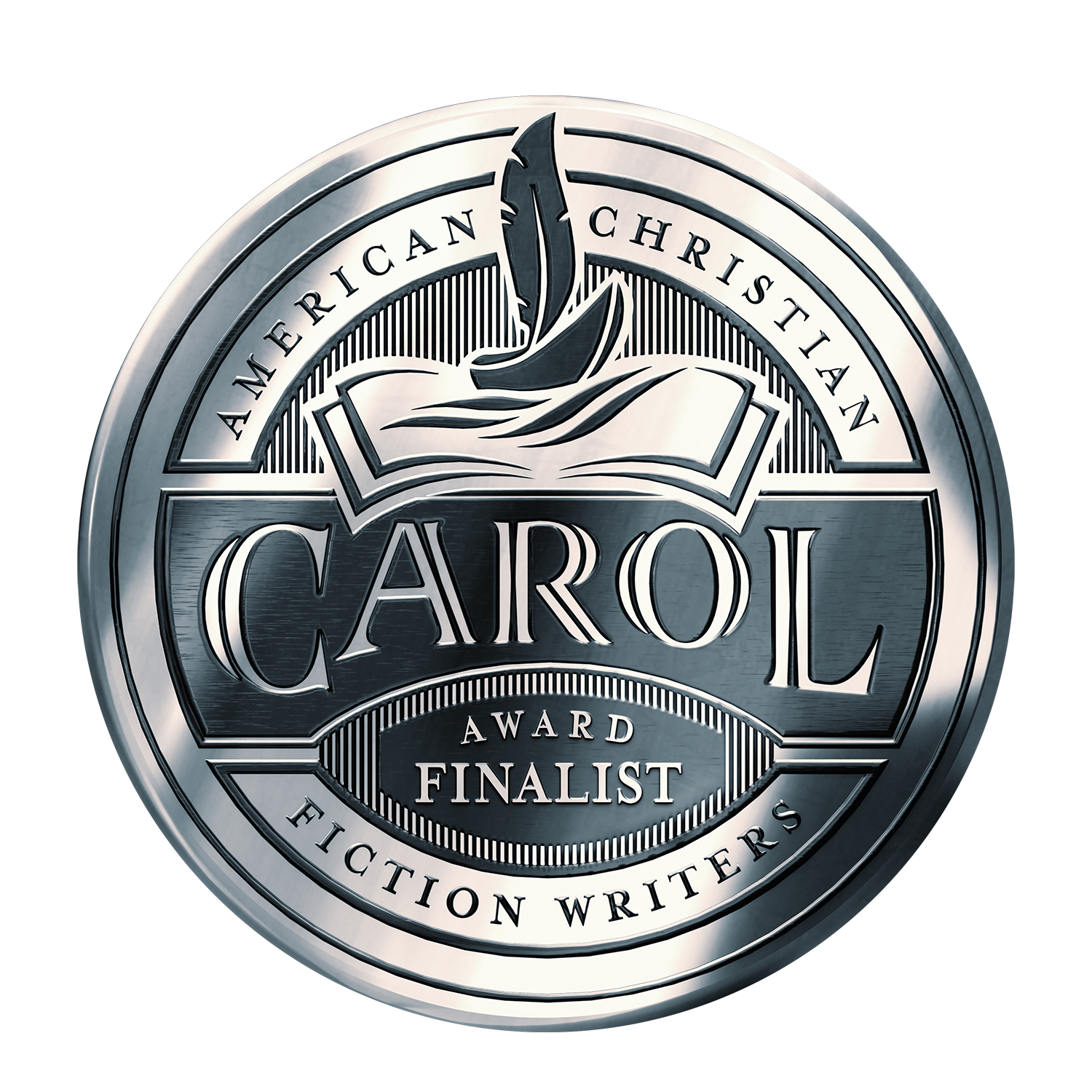My father, Roy, was born in 1900. He was too young to serve in WWI and too old to be in WWII. (I wonder how high those numbers will go.)
Many of the young men from our small town served in the war. Wesley Graff came home burned and disfigured. Every time I saw him I was reminded of the war. George Rohbock spent much of the war in a German POW camp. He came home and became a florist. Phil Shumway was a P-38 pilot, the Cadillac of WWII fighters, whose plane had engine failure while flying over the Pacific Ocean and went down. He survived the water landing and spent several days in an inflatable raft. He became a college professor. My brother Leland served on a mine sweeper out of Norfolk, Virginia.
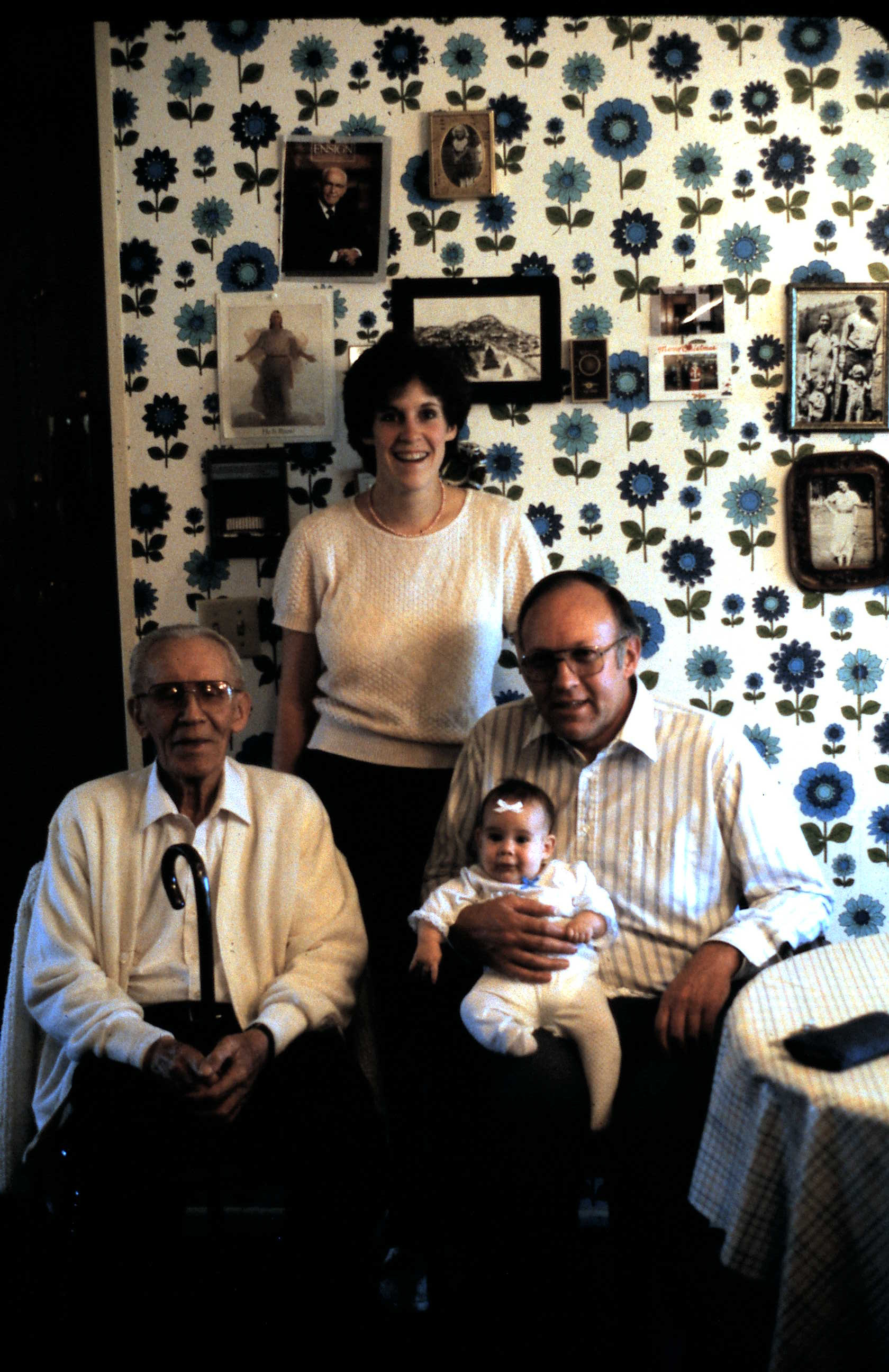
Jennifer Beckstrand with her father Richard, her grandfather Roy, and her daughter Nicole.
Others were not so lucky. They came home in steel caskets. These sealed caskets were accompanied by a marine guard. To a nine-year-old boy, this marine guard seemed a super hero, a giant in stature and appearance, an awe-inspiring sight. My father conducted the funerals for these men and told me that it was the most difficult thing that he had to do as a spiritual leader because he knew each one of them. I asked him why the casket was sealed and he told me that the condition of the body may not have been appropriate for an open viewing.
War is Hell.
By Richard Gappmayer, Jennifer’s father
